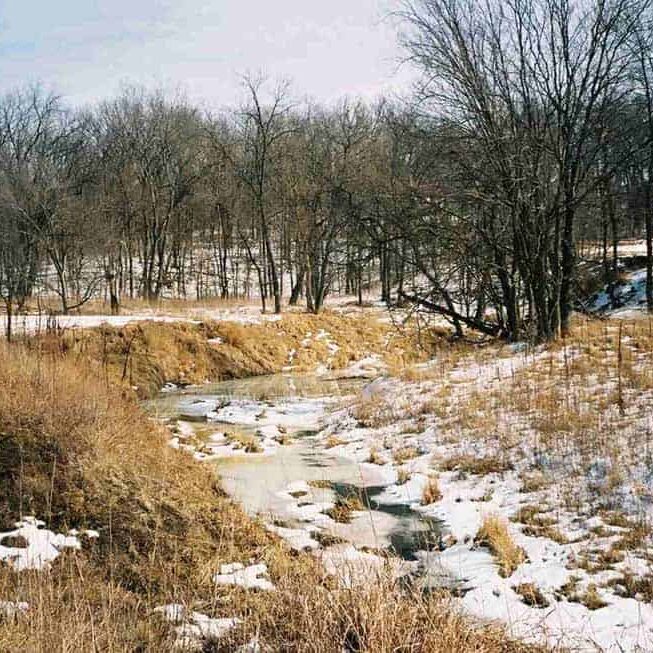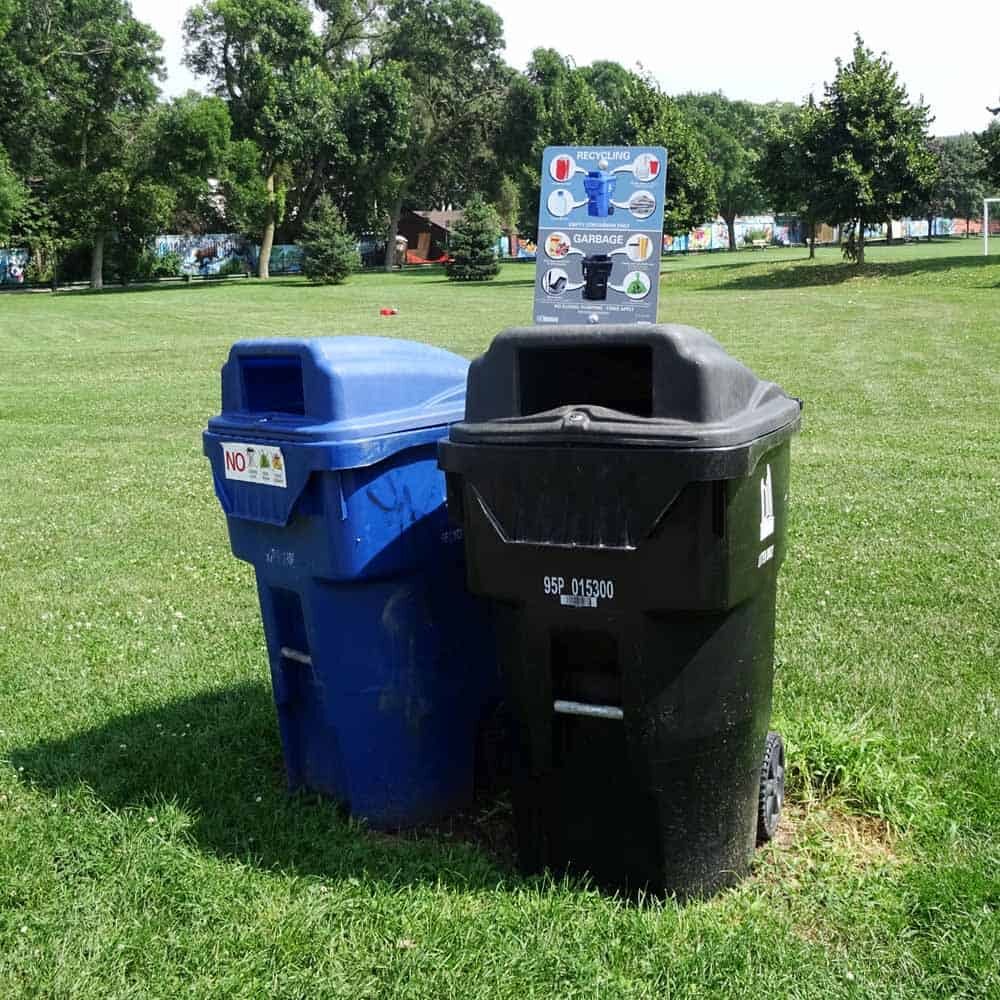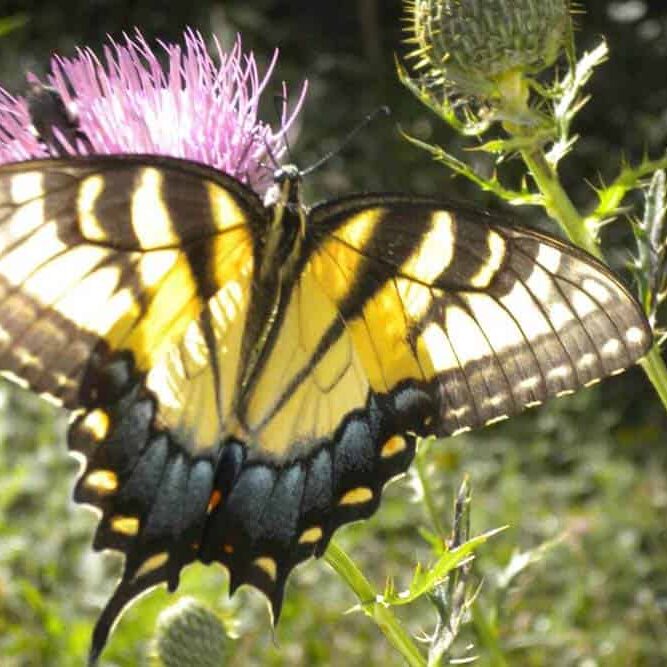Platte County Parks and Recreation is committed to practicing sustainability. Learn more about some of our most impactful methods below.

HHW -Household Hazardous Waste
Where to take household hazardous waste?
The Regional HHW Collection Program provides members with convenient access to proper HHW disposal. If you live in a participating community, you may take HHW products to the permanent collection facilities in Kansas City, Missouri, and Lee’s Summit, Missouri, free of charge. You may also attend ANY of the mobile collections held throughout the year.
Proof of residency is required.
For more information , visit RECYCLESPOT.ORG or call 816-474-TEAM.
RESIDENTIAL WASTE ONLY,
NO BUSINESS WASTE ACCEPTED
including nonprofits, churches, home-based
businesses and rental property owners.
2025 HHW Mobile Collection Schedule will be announced in early March
https://recyclespot.org/hazardous-waste#communities
HHW Collection Event-Platte County/Platte City/Weston
Saturday, May 31, 2025
8AM - Noon (or until truck is full)
Platte Ridge Park (by soccer fields)
17130 MO Hwy 371
Platte City, MO 64079
Platte County, Platte City and Weston will jointly host a collection event for household hazardous waste. Mobile collection events are a convenient way to dispose of household hazardous waste in a safe and responsible manner.
This event is open and free of charge to members of participating communities. Proof of residency may be required at mobile events.

Water Protection
Platte County is actively preserving land along streams, rivers, lakes and other sensitive natural areas. This land will be saved for low-impact, natural and recreational uses that help Platte County to be a healthier, more quality place to live.
In the 2009 Parks Master Plan update 61% of county residents said it was important to acquire land along streams to improve quality and reduce flooding risks. Click here to look at the Parks Master Plan.
Prairie Creek, partially located in the County's Prairie Creek Greenway, is included in the Missouri Stream Team monitoring program, sponsored by the Missouri Department of Conservation. Last fall, a group of volunteers performed a survey of the creek. The survey was performed by stirring up the water to release sediment, debris and aquatic creatures which are captured in a filter. The information is used as a baseline to monitor the creek's water quality. The survey revealed that Prairie Creek has excellent water quality!
For more information on the water protection practices, call the Parks & Recreation office at
(816) 858-3419.

Recycling
Plastic bottles and aluminum cans will be collected at Parks and Recreation facilities where trash is collected. Blue bins are placed next to each trash can to make it easy for you to choose to recycle!
We encourage diverting much of the waste generated in the parks and greatly appreciate your support in this effort. Choose to use the right bin!
Today the most common products in recycling programs are paper products, cardboard, plastic, glass and aluminum.
Taking just a moment to put your newspaper and soda can in the recycling bin will save everyone years in environmental harm from production of new materials, overcrowded landfills and the depletion of our natural resources. Please recycle!
Check out the following links for more information about recycling in your area:

Grow Native
The County has restored or cultivated over 100 acres to native prairie plants in several locations. Some of the best examples of this can be found at Platte Ridge Park, Prairie Creek Greenway and Green Hills of Platte Wildlife Preserve.
Grow Native! is a planting program utilizing native plants that are adapted to our region’s climate & soils and provide many benefits while beautifying our surroundings. Because they are adapted well to the climate they use less resources such as water and fertilizer to grow well.
The native plants also are better able to grow in our soils and establish healthy root systems which create stronger plants and better soils for water infiltration and cleansing.
Finally, native grasses and wildflowers require less mowing, if any, to be maintained. The less acreage planted in turf grass, the less to be mowedwhich means a reduction in pollution from gas-powered engines. Visit www.grownative.org, a joint program of the Missouri Department of Conservation and the Missouri Department of Agriculture, for more information.
